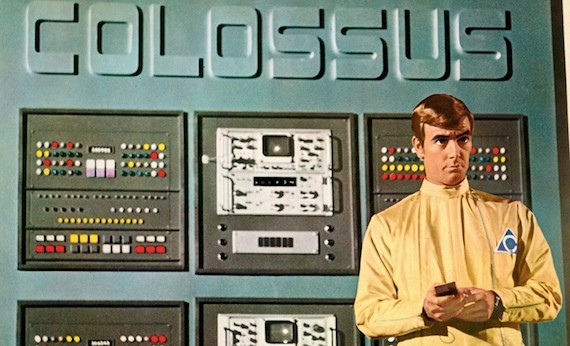Please Do Not Turn Off Or Unplug Your Machine
We Can Coexist, But Only On My Terms


Latest Article|September 3, 2020|Free
::Making Grown Men Cry Since 1992

